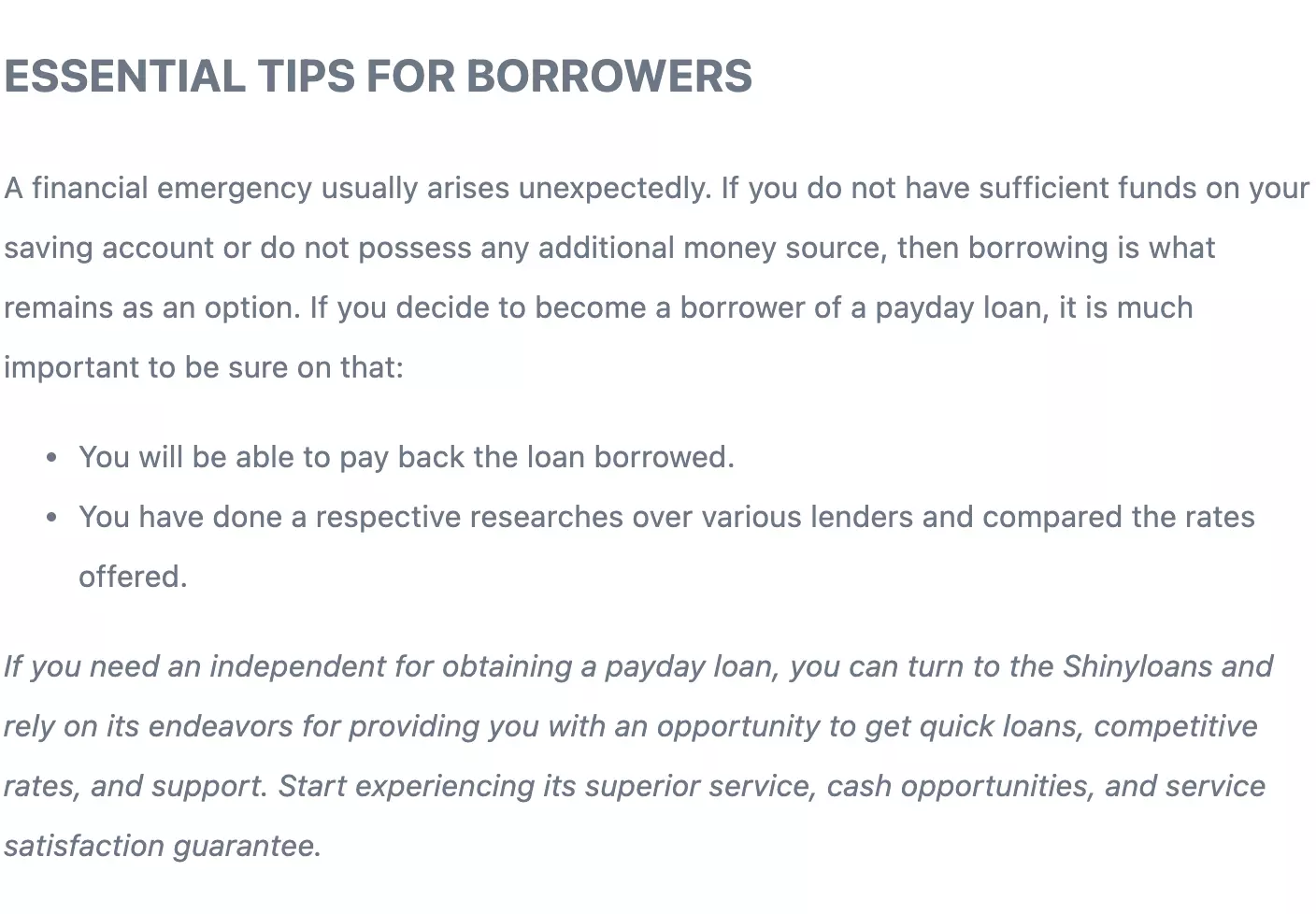Wage garnishment occurs when a court requires a part of your paycheck to be withheld and sent directly to the creditor until your debt is settled. This is commonly used to collect child support and consumer debts. Your earnings will be withheld until the debt is paid off or otherwise handled. You have legal rights, including limits on how much you can consume at once. And you may make efforts to decrease the impact of garnished wages to help you recover.
What are Garnishments: Common Types
Garnishment is a judicial order used in the United States to collect a monetary judgment on behalf of a plaintiff against a defendant. The money might come directly from the defendant, the debtor, or, at the court's discretion, from a third party. In traditional finance, wage adornment is classified into two categories:
.jpg)
How does Garnishment Work?
Creditor garnishment is commonly used when a lender sues you for nonpayment of debt and wins in court. However, in other cases, a creditor can withhold your wages without a court order, such as if you owe child support, unpaid taxes, or debt on federal student loans.
The court will notify you and your bank or employer, and the wage adornment will commence within five-thirty working days, depending on your creditor and state.
The garnishment will continue until the debt is satisfied, including court costs and interest.
What Percentage of Earnings can be Withheld?
Here's a rundown of the legal restrictions on how much of your discretionary income can be taken by a creditor. In the context of garnished wages, the term "discretionary income" refers to any money left over after deducting current taxes.
Medical Expenses and the Majority of Consumer Debts
Twenty-five percent of the employee's disposable earnings, or the amount by which an employee's disposable earnings exceed 30 times the federal minimum wage (now $7.25 per hour). Here's how it works:
- If your weekly disposable income is $290 or higher, you will be taxed at a rate of 25%.
- If it's between $289.99 and $217.51, the amount above $217.51 can be seized.
- Wage adornment is not permitted if the amount is $217.50 or less.
Alimony & Child Support
- If you are supporting another kid or spouse, you can deduct up to 50%; otherwise, you can deduct up to 60%.
- If you are more than 12 weeks late with your payments, an extra 5% may be deducted.
Taxes
In most cases, up to 15%. The Internal Revenue Service will determine the amount taken based on normal deductions and the number of dependents you have.
Student Loans
If you default on your federal student loans, the government can seize up to 15% of your earnings.
Important to Know
The laws governing garnishment vary widely across states. Your state may have extra safeguards that protect more of your income or bank account balance. Otherwise, it may provide exemptions for circumstances such as being the head of a family with dependent children. In most circumstances, debtors must learn about and request exemptions on their own. Non-wage garnishment is less widespread, less regulated, and has fewer limits for creditors.
What You Can do About Salary Garnishment
You have some rights during the wage garnishment process. However, in most jurisdictions, being aware of and practicing the following rights is mainly your obligation.
.jpg)
You can dispute the wage withholding if you feel the judgment was made by mistakes or imposed excessive hardship on your finances.
What Should You Do Once Receive a Court Order?
First off, study the decision carefully to ensure that all information is correct. Make sure it isn't anything you've previously paid and that it is your debt. If this is the case, think about how much money will be removed and what it would entail for your financial condition.
Then consider your options. If you haven't already, you should see a consumer law attorney or local legal assistance to figure out what's the best choice for you. There are three primary alternatives available to you:
Negotiate a New Arrangement
Many people underestimate the impact of a discussion. Examine your budget to determine how much you owe and how much you can afford to pay, and then contact your lender to understand if you can deal with a payment plan. Creditors and customers have such ability at all times.
Dispute the Decision
You have the right to file an objection in court if you feel the order imposed by mistake would cause excessive injury or is being carried out unlawfully. You'll have to think fast. You may only have five business days to appeal the decision.
Accept the Court Order
You can pay off the garnishment in installments or in one single payment, depending on the terms of the judgment. Borrowing money from a family member or taking out a personal loan to pay off the judgment might provide you with immediate respite from the stress of a protracted sequence of payments.
It might be embarrassing to inform your company that you've been sued for a debt, but it's better to be open with your boss or human resources department.
Does Wage Garnishment Affect Credit and Cause Financial Hardship?
If you cannot see a way out of wage garnishment, contact a nonprofit credit counselor for free advice on debt relief choices such as a repayment plan or bankruptcy. A garnishment judgment will remain on your credit reports for up to seven years, negatively impacting your credit score. However, there are a few simple techniques to improve your credit during and after wage-cutting records. Making and sticking to a budget will help you remain on top of your expenses and avoid another garnishment. You may then use items like a secured credit card to focus on rebuilding your credit.
The Bottom Line
The best way to prevent wage adornment aside from paying your debts on time is to check garnishment regularly and interact with your creditor. Doing so will show that you are serious about paying back your debts, making the whole process smoother. That's why it's important to know "what is wage garnishment" and how to handle it with minimum impact on your finances.


.jpg)
.jpg)


(1).jpg)


.jpg)

.jpg)